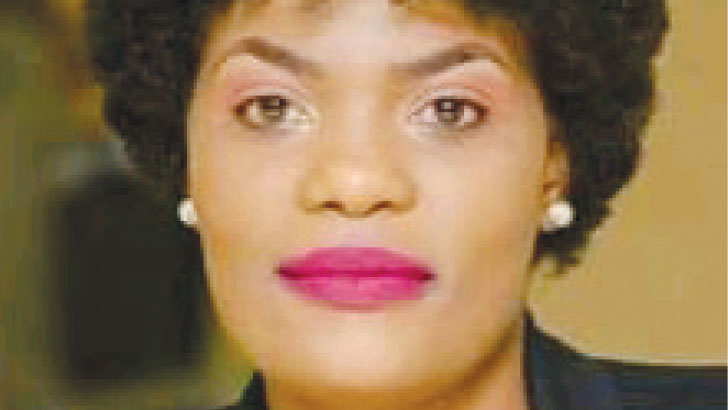Time up for sexual abuse
The High Court in Blantyre has said employers can be held liable to compensate female workers for sexual abuse or harassment perpetrated by their male counterparts while on duty.
Further, the court has stated that female employees do not have to necessarily suffer physical injury to sue for sexual harassment because emotional, mental and psychological injury is more serious and would be compensated if the act occurs.
This is contained in a ruling Judge Mike Tembo has delivered in a case where Tamara Kabowa sued Mota Engil Construction Company K100 million for damages following sexual abuse by her immediate boss, a Portuguese identified as Joachim Carvallio.
During trial, Mota Engil claimed Kabowa was not sexually harassed by their male employee as such the company was not liable for anything.

stop sexual harassment at the workplace
The company further argued that Kabowa might have suffered sexual harassment and abuse but she was not physically injured to warrant compensation.
But Judge Tembo rejected Mota Engil’s claims and decided in favour of Kabowa setting a landmark precedent in as far as workplace sexual harassment of female employees was concerned.
The court argued that Mota Engil failed to protect the female employee from the sexual harassment, failed to create a work environment free from sexual harassment and safe for female employees, and was also negligent by not stopping the sexual harassment she was going through after she reported the matter several times.
Tembo then ordered Mota Engil to compensate Kabowa with aggravated (serious and high) damages for the emotional, psychological and mental anguish she went through as a result of the sexual abuse and harassment.
However, the court has referred the issue of compensation to assessment and also ordered that a psychologist and psychiatrist should give evidence to guide the court on the right amount of compensation for the injury she suffered.
Lawyer Kuleza Phokoso who represented Kabowa said in an interview the judgement was progressive, while gender and human rights advocate Elita Mwandira Mwale described the judgement as a “landmark ruling” saying it will stop sexual harassment, especially among women in the workplace.






One Comment